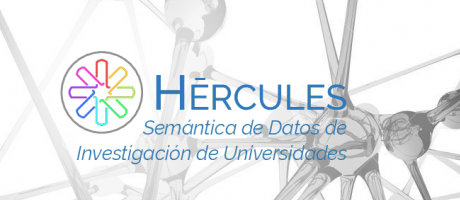8 posts found
Discovering the Digital Product Passport (DPP) and CIRPASS: A Look into the Future of the Circular Economy
Digital transformation has reached almost every aspect and sector of our lives, and the world of products and services is no exception. In this context, the Digital Product Passport (DPP) concept is emerging as a revolutionary tool to foster sustainability and the circular economy. Accompanied by in…
The European data space for public procurement: possibilities, difficulties and challenges
The regulatory approach in the European Union has taken a major turn since the first regulation on the reuse of public sector information was promoted in 2003. Specifically, as a consequence of the European Data Strategy approved in 2020, the regulatory approach is being expanded from at least two p…
Vinalod: The tool to make open datasets more accessible
Public administration is working to ensure access to open data, in order to empowering citizens in their right to information. Aligned with this objective, the European open data portal (data.europa.eu) references a large volume of data on a variety of topics.
However, although the data belong to di…
Hercules-ASIO Initiative. Integration, publication and consultation of linked open research data.
The Hercules initiative was launched in November 2017, through an agreement between the University of Murcia and the Ministry of Economy, Industry and Competitiveness, with the aim of developing a Research Management System (RMS) based on semantic open data that offers a global view of the research…
The role of open data and artificial intelligence in the European Green Deal
Just a few months ago, in November 2019, Ursula von der Leyen, still as a candidate for the new European Commission 2019-2024, presented the development of a European Green Deal as the first of the six guidelines that would shape the ambitions of her mandate.
The global situation has changed radical…
Pubby and LODI, opening linked data to humans
An important part of the data which is published on the Semantic Web, where resources are identified by URIs, is stored within triple store databases. This data can only be accessed through SPARQL queries via a SPARQL endpoint.
Moreover, the URIs used, usually designed in a pattern, in most of the d…
Linked Open Vocabularies (LOV)
One of the main barriers to the deployment of linked data is the difficulty that data editors have to determine which vocabularies to use to describe their semantics. These vocabularies provide the "semantic glue" that allows simple data to become "meaningful data".
Linked Open Vocabularies (LOV)…
Is innovation in the provision of services and public procurement an opportunity to boost of open data?
The public procurement reform that has taken place in Europe has incorporated innovation as a new public policy that must be promoted through contractual tools. Although innovation can be understood as a concept that is difficult to pinpoint, the Directive 2014/24 / EU has incorporated a legal defin…







